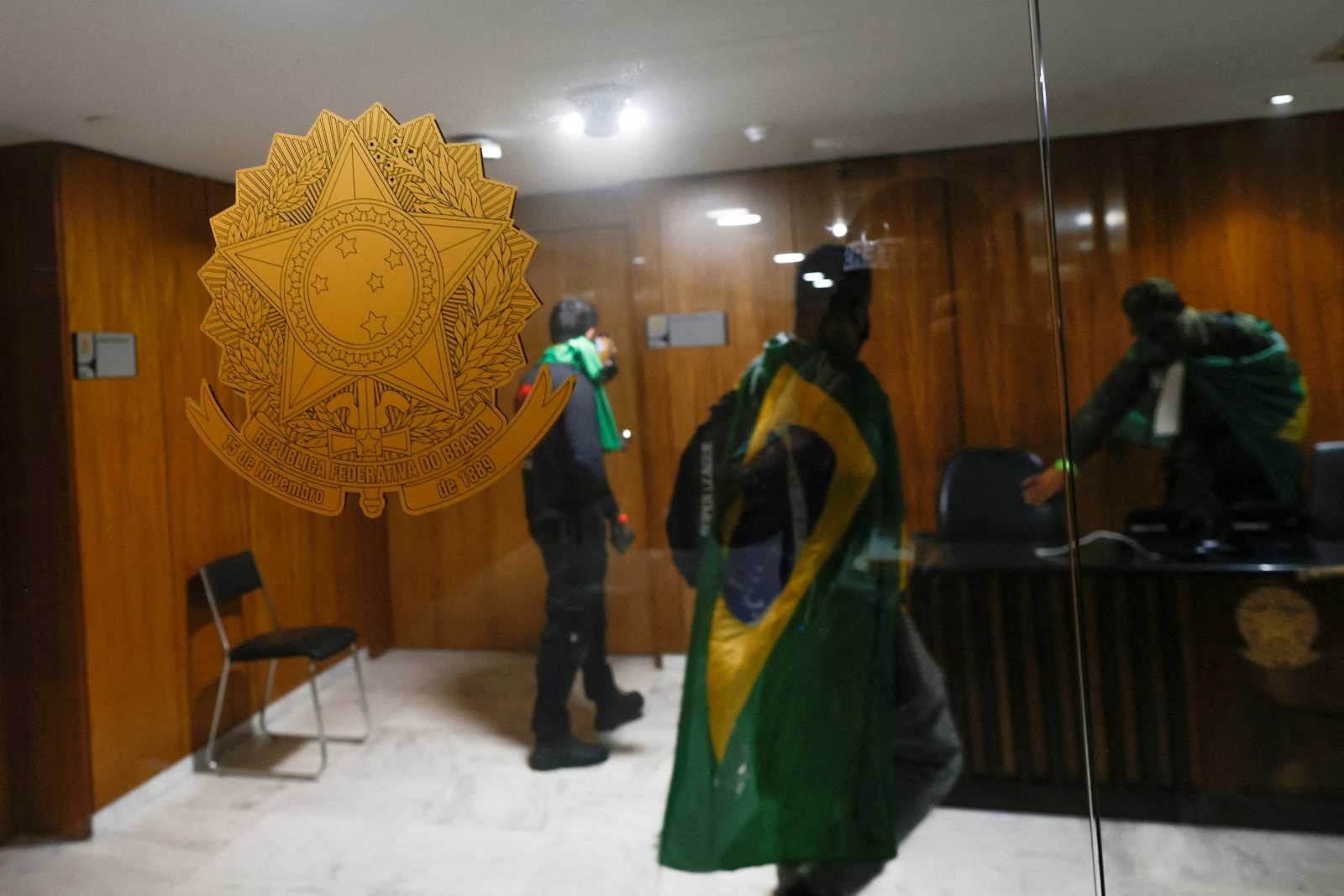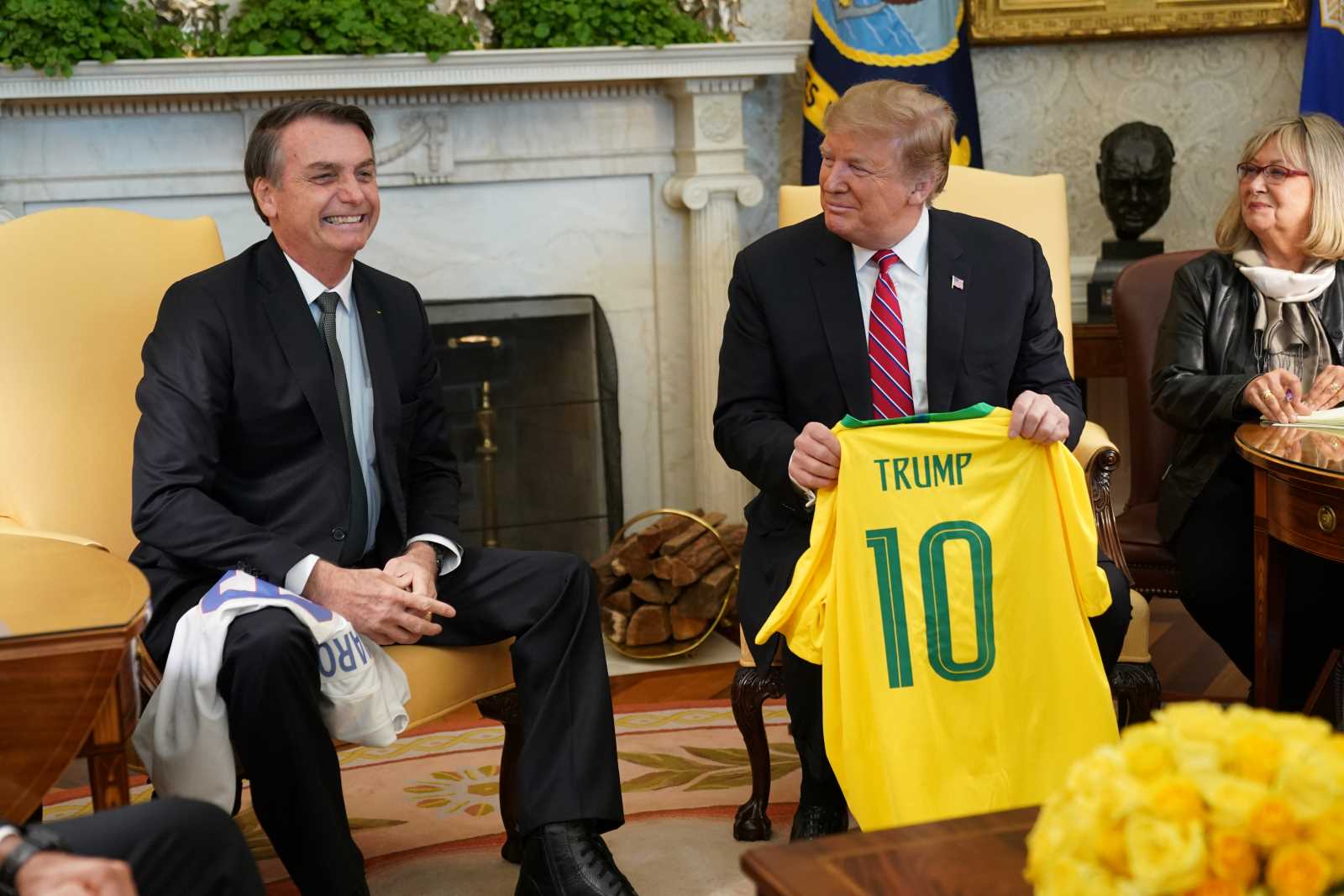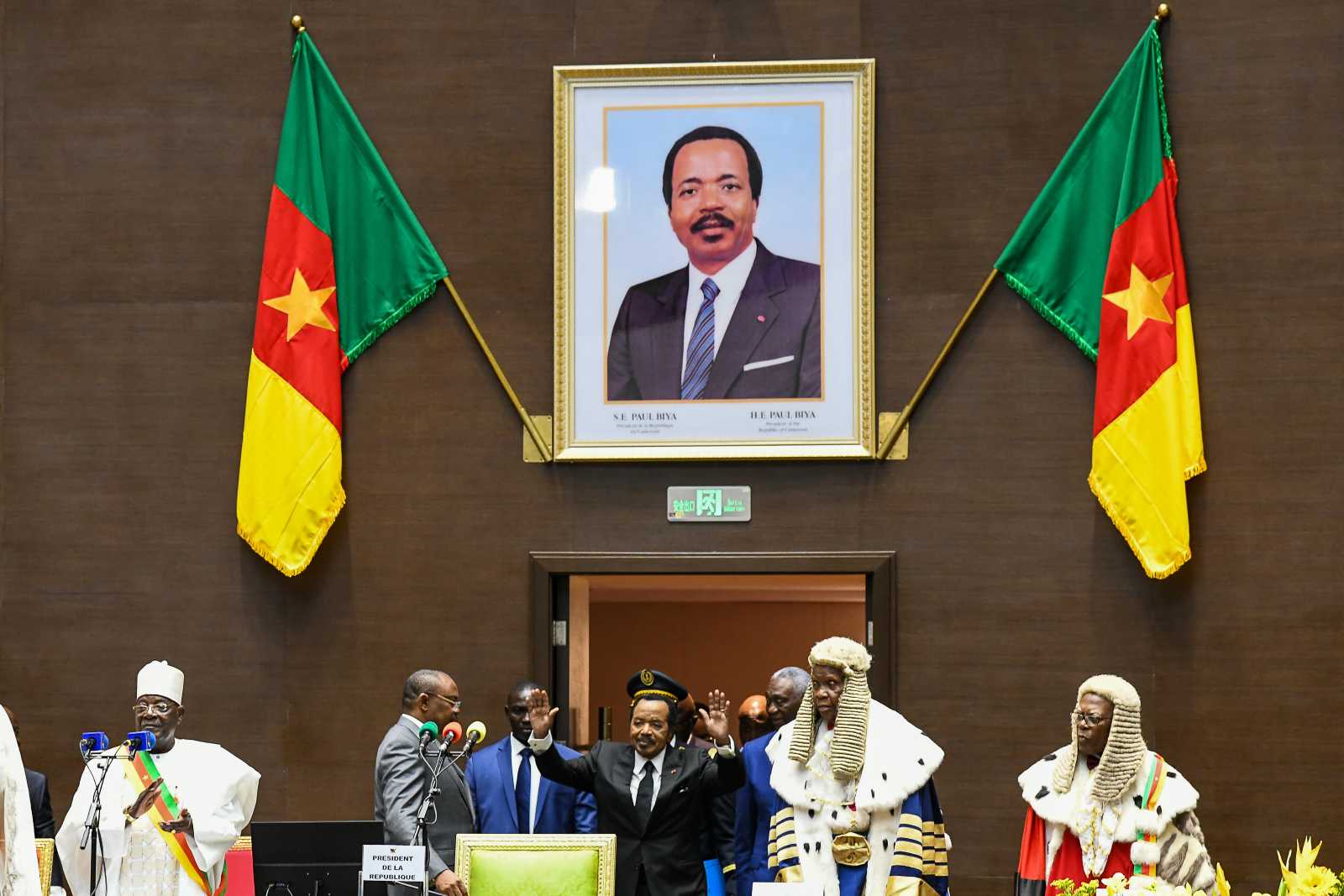Brazil
Jair Bolsonaro’s historic conviction: A landmark for democracy

On 11 September 2025, Brazil’s Supreme Federal Court handed down a historic verdict. It convicted former president Jair Bolsonaro and seven of his close allies – including former generals – of plotting to overturn the country’s democratic order. We all remember the far-right ex-president (2019–2022) for his policies – or lack thereof – that endangered the biodiversity of the Amazon and denied the threat of the pandemic.
But that wasn’t all. Bolsonaro also became notorious for undermining democratic institutions, casting doubt on Brazil’s long-trusted electronic voting system and rejecting the results of the 2022 election after losing the run-off vote to the current president, Luiz Inácio Lula da Silva.
Just a week after Lula’s inauguration, on 8 January 2023, thousands of Bolsonaro supporters stormed Brazil’s Congress, the Supreme Court and the government’s palace in Brasília. They ransacked these landmark buildings and called for a military coup to oust Lula and reinstate Bolsonaro. The violent scenes were only the most visible chapter of a broader plot that was uncovered through police and prosecutorial investigations. The findings formed the basis of the trial in which a five-member panel of the Supreme Federal Court charged Bolsonaro with leading a criminal organisation, attempting to violently abolish democratic rule, plotting a coup, damaging public property and even conspiring to assassinate key democratic figures such as President Lula and Justice Alexandre de Moraes. Justice Luiz Fux was the only dissenting voice at the trial. He delivered an extraordinary 10-hour speech, arguing that the entire case should be annulled on procedural and substantive grounds. However, the court’s panel convicted Bolsonaro by a four-to-one vote.
A conviction for attacking the democratic order
For Bolsonaro and his supporters, this was a political trial. Bolsonaristas particularly dislike Justice de Moraes, who headed the Superior Electoral Court during the 2022 elections and strongly pushed back against Bolsonaro’s claims of electoral fraud. The judge also took a firm stance after the events of 8 January 2023. In 2024, he even ordered the temporary suspension of the network X’s operations in Brazil amid investigations of far-right disinformation campaigns. Nevertheless, the Bolsonaro trial was not a one-person action. Brazil has long been known for its strong judicial and prosecutorial institutions as well as for the independence of its courts. And there can in fact be no talk of political persecution, particularly when the attempts to undermine democracy that have been witnessed were so brazen and overwhelming.
In this unprecedented judicial ruling, the ex-president has been sentenced to 27 years and 3 months in prison for his central leadership role in the alleged plot. The other perpetrators – apart from one who cooperated in the plea bargain – also received long prison terms, mostly of 19 years or more. This makes the trial historic in Brazil, as it involved more than just the ex-president. It also marks the first time that high-ranking military officers have been held accountable in civilian courts for plotting to overthrow the democratic order.
Holding powerful leaders accountable
Is the Bolsonaro trial unique in Latin America? Since the democratic transitions of the late 20th century, dozens of former presidents in the region have faced criminal investigations or trials, charges ranging from corruption and illicit enrichment to human-rights violations and electoral crimes. This year alone, there have been two other cases besides the Bolsonaro trial. In July, Colombia’s former president Álvaro Uribe was sentenced to 12 years in prison for witness tampering and procedural fraud. He was found guilty of offering money and benefits – through his lawyers – to imprisoned paramilitaries in exchange for false testimony intended to discredit accusations linking him to paramilitary groups. Although he is currently free pending appeal, his case constitutes the first criminal conviction of a former Colombian president.
Argentina, for its part, had famously convicted the de facto presidents of the last military dictatorship (1976–1983) for crimes against humanity in 1985, marking a milestone in Argentina’s history, as well as the democratically elected president Carlos Menem (1989–1999) on criminal charges. This year, former president Cristina Fernández de Kirchner (2007–2015) was convicted for aggravated fraudulent administration of public funds during her time in office. She is currently serving a six-year sentence under house arrest.
Holding powerful leaders accountable is difficult in polarised contexts. All three leaders convicted this year have claimed that their convictions were politically motivated, questioning the legitimacy of the judicial process: Uribe emphasised procedural unfairness and judicial bias, Bolsonaro echoed his ally Donald Trump’s complaint of a “witch hunt,” while Fernández framed her case as “lawfare,” presenting herself as the target of elite conspiracies. All three have mobilised supporters in the streets.
While the three cases test the reach of the rule of law, Bolsonaro’s trial stands out region-wide for addressing an attempt to subvert democratic institutions. This sets an important precedent for defending constitutional democracy at a time when non-democratic actors are increasingly reaching office via the ballot box.
Mariana Llanos is a lead research fellow at the German Institute for Global and Area Studies (GIGA) and co-editor of GIGA’s “Journal of Politics in Latin America”. She holds the ERA-Chair at the Faculty of Arts at Charles University in Prague and is an extraordinary professor for “Democratic Institutions in the Global South” at the University of Erfurt.
mariana.llanos@giga-hamburg.de
















